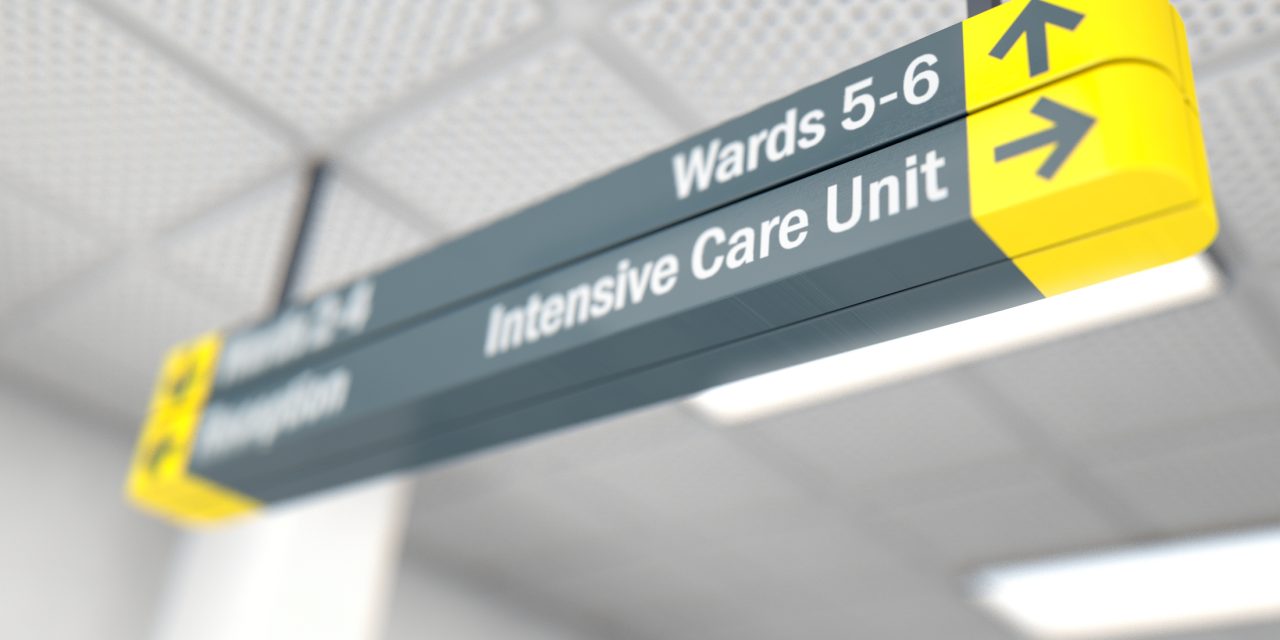Recent medical society opinions have questioned the use of early antimicrobials in patients with sepsis, but without septic shock.
Is time from Emergency Department (ED) presentation to administration of antibiotics associated with progression to septic shock among patients presenting with suspected infection?
and Methods: This was a retrospective cohort study from March 2007 to March 2020. All adults with suspected infection and first antimicrobial administered within 24 hours of triage were included. Patients with shock on presentation were excluded. We performed univariate and multivariate logistic regressions predicting progression to septic shock.
74,114 patient encounters were included in the study. 5,510 (7.4%) of the patients progressed to septic shock. Of the patients who progressed to septic shock, 88% had received antimicrobials within the first five hours from triage. In the multivariate logistic model, time (hours) to first antimicrobial administration had an OR of 1.03 [95% CI: 1.02-1.04; p<0.001] for progression to septic shock and 1.02 [95% CI: 0.99-1.04; p = 0.121] for in-hospital mortality. When adjusted for severity of illness, each hour delayed until initial antimicrobial administration was associated with a 4.0% increase in progression to septic shock for every hour up to 24 hours from triage. qSOFA positive patients were given antibiotics at an earlier time point than SIRS positive patients (0.82 vs 1.2 hours; p<0.05). However, median time to septic shock was significantly shorter (p<0.05) for qSOFA positive patients at triage (11.2 hours) compared with SIRS positive patients at triage (26 hours).
Delays in first antimicrobial administration in patients with suspected infection are associated with rapid increases in likelihood of progression to septic shock. Additionally, qSOFA has higher specificity than SIRS for predicting septic shock, but is associated with a worse outcome even when patients receive early antibiotics.
Copyright © 2021. Published by Elsevier Inc.
Antibiotic Timing and Progression to Septic Shock Among Emergency Department Patients with Suspected Infection.


